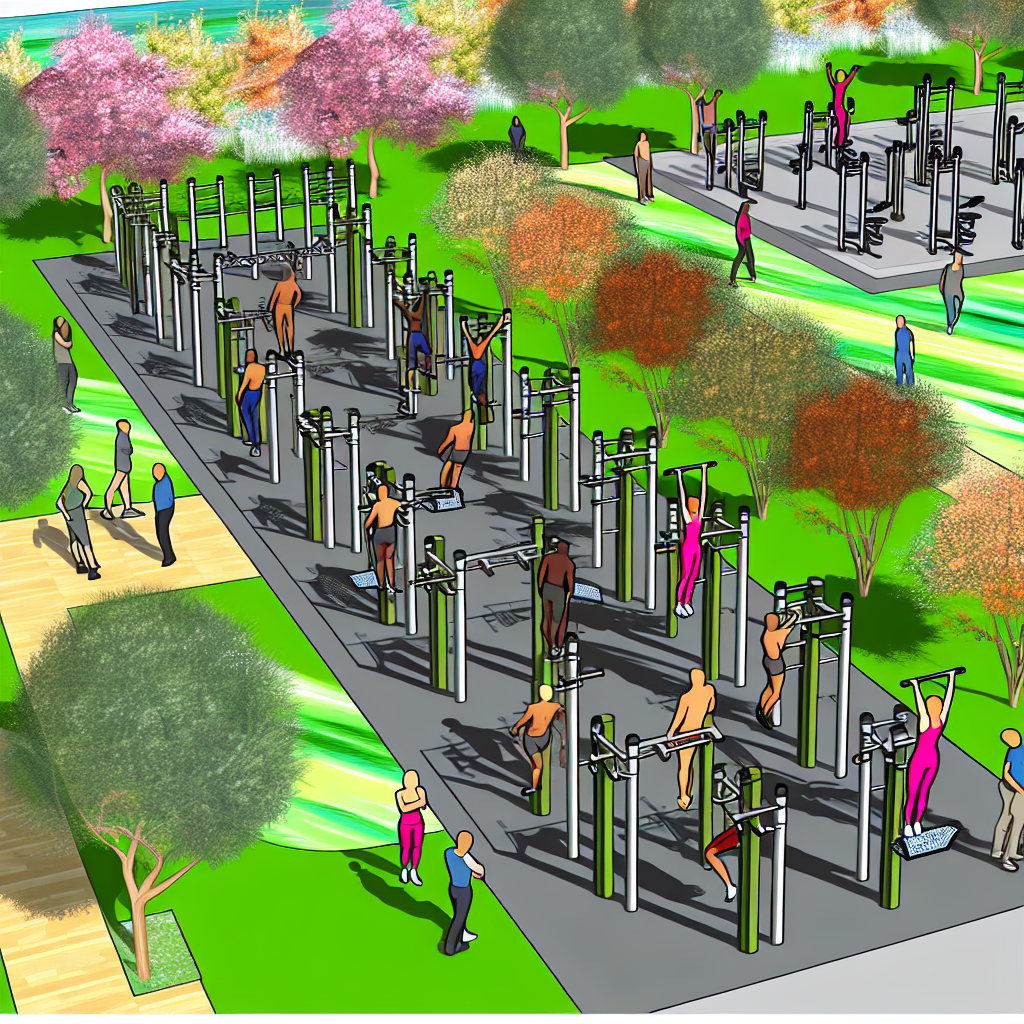As you lace up your running shoes and hit the pavement, numerous changes occur in your body, one of which is a significant increase in your heart rate. The heart, like any other muscle, has to work harder during exercise to supply the body with the increased oxygen it demands. Undeniably, knowing your average heart rate while running can prove to be a vital key to improving your fitness level and overall performance.
But, what exactly is the ‘Average Heart Rate’?
Your average heart rate is the number of times your heart beats per minute (bpm) over a certain period. It gives an overall view of how your heart worked during that specific timeframe. When you’re running, your heart rate increases to accommodate the increased oxygen and energy demand of your muscles. The more intense the run, the higher your heart rate is likely to be.
Why should you care about your average heart rate while running?
Monitoring your average heart rate during a run can be a highly effective tool for gauging your fitness level and the effectiveness of your training program. It can also help you avoid overtraining, which can lead to injury and fatigue. But how do you figure out your average heart rate, and what factors can influence it?
Calculating your Average Heart Rate
A widely accepted method of calculating your average heart rate during exercise is to use a heart rate monitor, which usually comes in the form of a chest strap or watch. By analyzing the data from a few runs, you can find the average number of beats per minute.
Normal Heart Rate Ranges
A healthy adults’ resting heart rate usually lies between 60-100 bpm, while athletes often have a lower baseline between 40-60 bpm. During exercise, this rate synchronously increases.
How does running intensity affect your heart rate?
The intensity of your run plays a significant part in determining your heart rate. The harder you run, the faster your heart needs to pump to supply your muscles with oxygen. Hence, sprinting or uphill climbing will raise your heart rate more than a leisurely jog.
Influence of Fitness Levels
An individual’s fitness level also affects their average heart rate while running. Trained runners have a more efficient cardiovascular system, meaning their hearts can pump more blood per beat. Therefore, their heart rates are often lower when running at the same pace as an untrained individual.
Can Age and Gender impact your Average Heart Rate?
Yes, age and gender can significantly influence your heart rate. As we age, our maximum heart rate decreases. Women also tend to have slightly higher heart rates than men, even when running at the same pace.
How can you use your Average Heart Rate to improve your Running performance?
By keeping track of your average heart rate during runs, you can fine-tune your workouts. Using heart rate zones can help you identify whether you’re training effectively. For instance, runs in higher heart rate zones will improve speed and performance, while runs in lower zones will enhance endurance.
Conclusion
Understanding your average heart rate while running is a valuable tool in your kit as a runner. It allows you to monitor your fitness level, gauge the intensity of your workouts, and help you optimize your training to better meet your running goals. Now, isn’t that a ‘heartening’ perspective to your running journey?




